Posts Tagged ‘International Women’s Day’
The Compounding Effects of COVID-19 on Women and Girls
“The impacts of crises are never gender-neutral, and COVID-19 is no exception.”
– UN Women
A Pre-Pandemic Issue
While the pandemic has touched nearly every corner of the globe, the devastating impacts of COVID-19 on women and children cannot be overstated.
Before the pandemic, women already earned less, had access to fewer social protections and made up most single-parent households. The direct and indirect impacts of COVID-19 have only exacerbated all of these issues — livelihood, access to good healthcare and education and community support in parenting.
Women have disproportionately suffered the socio-economic impacts of COVID-19 as a result of job losses, reduced hours, increased pressures of care and domestic work, and strains on both physical and mental health.
Twenty-nine percent of mothers living with children lost their jobs compared to 20 percent of men living with children. In the area of physical and mental health, women are more likely to report strained health with 71 percent of women aged 18–24 compared to 59 percent of young men.
Likewise, the majority of primary caregivers both in the home and within our communities are women, which has put them at greater risk of COVID infection and/or disruption of livelihood.
Violence Against Women Has Increased
Prior to the pandemic, steadier streams of income and freedom to leave home may have decreased domestic violence, but the results of economic tension and poor mental health during this pandemic have led to devastating consequences for women and children who live in constant close contact with violent partners and caregivers.
Gender-based violence, sometimes referred to as violence against women or intimate-partner violence, has been a global issue for centuries. Even before the pandemic, the UN reported that 35% of women around the world have experienced physical or sexual violence — that’s 1 in 3 women! These are women here in the U.S. and women in the countries where we work overseas.
Early on in the pandemic, it became clear that sexual and gender-based violence was increasing due to COVID-19 — a shadow pandemic was emerging.
Emerging data and reports from those on the front lines have shown that all types of violence against women and girls, particularly domestic violence, have intensified since the pandemic began. Domestic violence helplines and shelters began reporting a spike in calls for help just months into the pandemic. This spike has continued to rise.
What’s more, child marriages are increasing after years of decline, with a projected 10 million additional girls at risk due to COVID-19 over the next decade. The reasons for this are many, including the fact that families need the extra money; having one less child in the house is one less person to feed. UNESCO has even reported that 11 million girls may never go back to school as a result of disrupted education caused by COVID-19.
Is There Hope?
While the facts are devastating, there is hope and a way forward.
Throughout the pandemic, we, at World Relief, have watched with great wonder and encouragement at how adaptable our programs have been to withstand the constraints of COVID-19. Our ability to address sexual and gender-based violence and issues of child protection have been no exception.
For example, our community-based couples-strengthening program called Families for Life enabled us to check in on households that were vulnerable to increased gender-based violence.
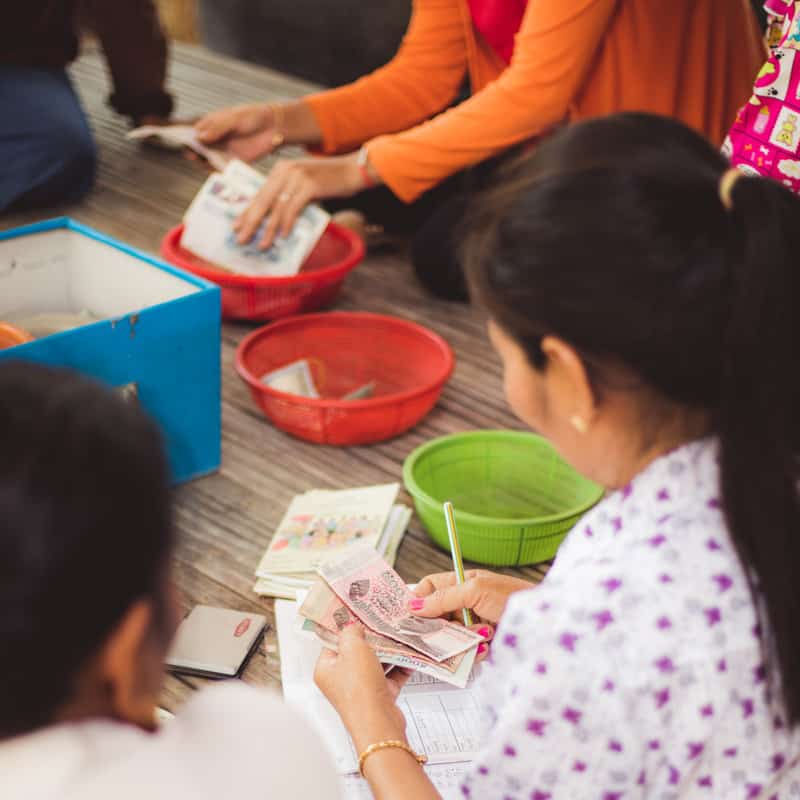
Families for Life (FFL) is a unique program that World Relief developed and began implementing in 2011. FFL Groups are led by local couples who have been trained by World Relief and have a vested interest in seeing their neighbors experience healthy and thriving relationships.
During the pandemic, we were able to connect with these group leaders periodically via phone calls to encourage and equip them in how to safely continue investing in the couples they were already reaching out to pre-pandemic. They were even able to host socially distanced, in-person trainings on COVID-19 prevention in addition to helping couples navigate conflict in the home.
On the economic side, our savings groups were also able to find innovative ways to continue meeting — whether outside or socially distanced or in smaller groups. These groups, which are made up mostly of women, became a real source of stability amidst a time of incredible instability.
Likewise, economics and root issues of poverty are often the primary drivers for early marriage. Strengthening families through economic projects like savings groups is one way we’re working to prevent child marriage.
Additionally, we’ve been diligently working to build holistic child protection systems that create protective environments for early adolescents and teens, even before the pandemic. This included early adolescent and adolescent clubs, which equip and empower children and adults that are in a child’s circle of influence to understand how to prevent early marriage.
By establishing this kind of protective environment, we can prevent abuse, neglect, exploitation and violence, even amidst such trying circumstances as a COVID-19 pandemic and beyond.
Looking Forward
COVID-19 has taken a magnifying glass and illuminated issues that were already in existence and will remain in existence once the pandemic has ended. The pandemic has also shown how women carry much of the burden.
At World Relief, knowing that issues of gender inequality and injustice will continue even once some normalcy arrives post-COVID, we remain steady in our commitment to integrate gender equality into all levels of our programming.
Women’s agency, dignity, opportunity and empowerment come not just from technical programs, but from a deep, internal community understanding and drive for each and every one of their community members — men and women, boys and girls — to reach their full, God-given potential.
A pandemic has not altered this truth nor has it altered our resolve to build a more gender-equal world.
Much of this article has been adapted from a recent report by World Relief on the impacts of COVID-19 on global poverty. Read the full report and give today to support women and girls in the wake of COVID-19.
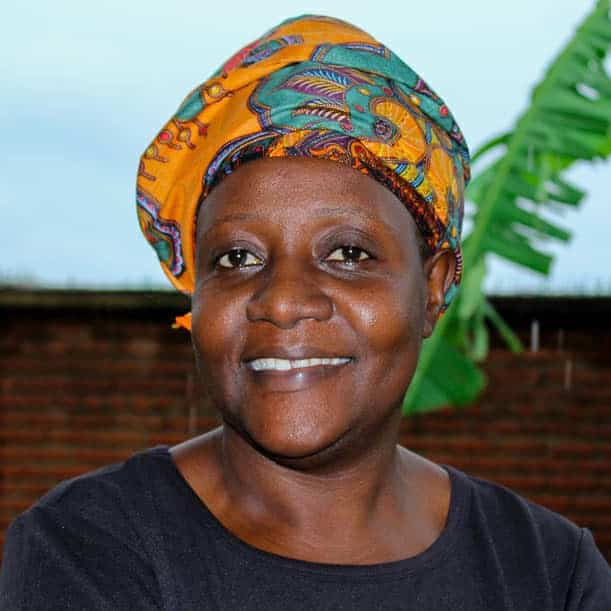
Veronica Kaitano serves as the Gender Equality Social Inclusion Technical Advisor with the World Relief’s Programs Resources Team. Through her work, Veronica supports World Relief’s country offices in ensuring the integration of a gender and social inclusion approach within programming and acts as the global technical lead for supporting implementation and continued growth of World Relief’s couple strengthening model Families for Life, with a specific emphasis on disability inclusion.
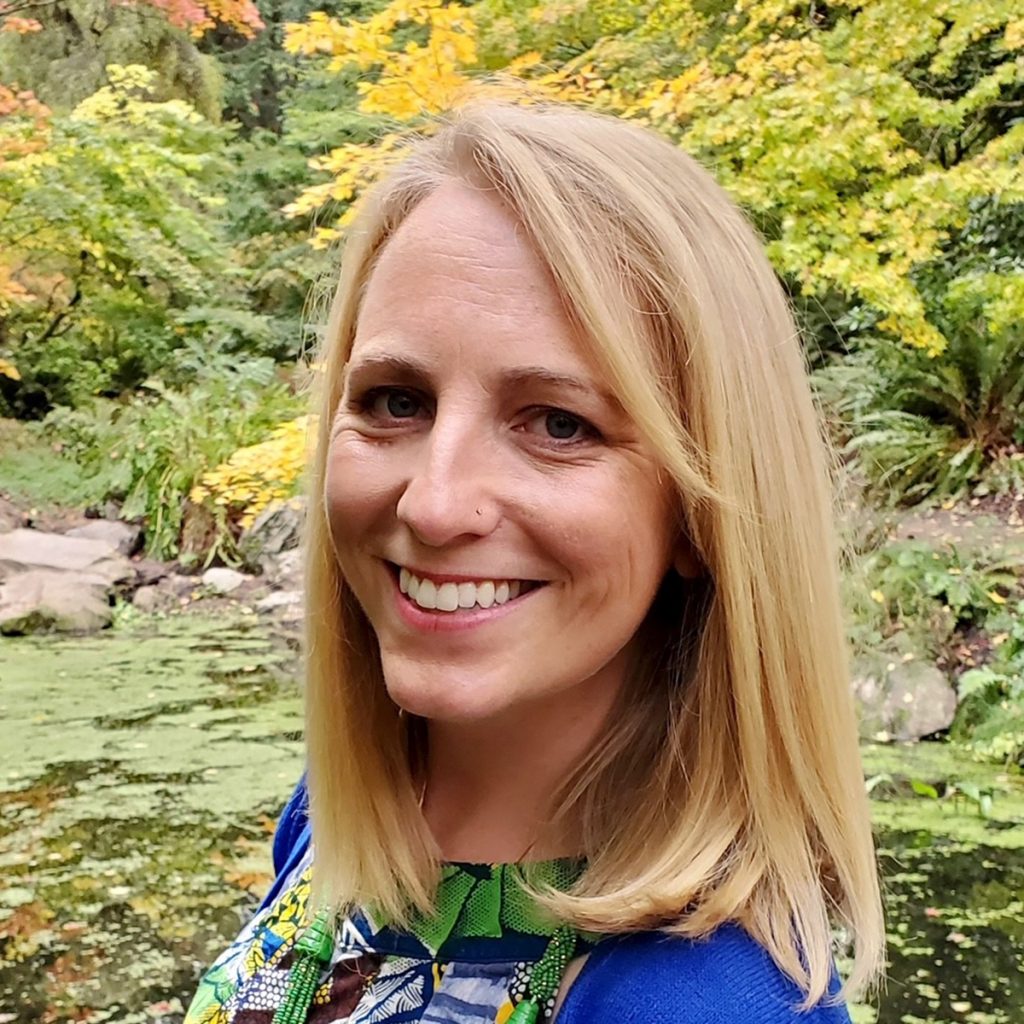
Krystel Mumba is Program Advisor for Child Development & Protection with International Programs at World Relief. Over the last 16 years she has worked in child-focused programming around holistic prevention, intervention and rehabilitation for vulnerable children, but is especially passionate about innovative programming that centers young people as active agents of change — that empowers children and youth to thrive in their families, communities and spheres of influence. Krystel holds a Master’s degree in Cross-Cultural Studies, International Development and Children-at-Risk from Fuller Theological Seminary. Although she has called many places around the world home, she is currently rooted in Seattle, WA with her husband Chitalu.
She Dreams Courageously: One Woman Who is Making it Happen
“I believe that while you might not be able to change the whole world, you can change your world.”
— Leisha Pickering
Leisha Pickering dreams courageously. While going about her life as usual on her farm in Mississippi, a man stopped by asking for work one day. This inspired an idea. She said yes to that idea, started pursuing it in her kitchen and today she is changing the lives of people in her community, the U.S. and around the world.
As Founder and CEO of Musee and Pretty Inside, Leisha utilizes her brands to create opportunities for those who may not otherwise be given one, to support those in need and to empower women. World Relief is proud to be a partner in this work.
World Relief President, Scott Arbeiter, sat down with Leisha to learn about her story and her desire to use her company to impact the women who purchase their products while also affecting change for refugee women and children around the world.
Download the transcript of the interview here →
Leisha dreams courageously and inspires others to lean into the change that we can create in the world. Creating change doesn’t require much, only that you begin — with your idea, what you have and where you are. Will you join us in building a better world by giving today?
Visit Pretty Inside to make a purchase and help support women rebuilding their lives.
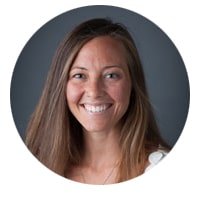
Dana North serves as the Marketing Manager at World Relief. With a background in graphic design and advertising and experiences in community development and transformation, Dana seeks to use the power of words and action to help create a better world. Dana is especially passionate about seeking justice for women and girls around the world.
Systems Change in Seattle
As World Relief Seattle’s Executive Director and an immigrant myself, I have seen the razor-thin line between security and insecurity that many immigrants experience. Never was this more clear to me than this year, as our office rallied to serve those hardest hit by the COVID-19 pandemic.
As the pandemic wore on last year, we received many calls for help from our community — for help with navigating unemployment, for help finding work, for help with rent assistance and for help with the food insecurity many were facing.
World Relief Seattle’s Resiliency Programs Manager, Tahmina Martelly, jumped into action, along with Santa Pradhan, our Employment Manager. Both of them being women of color and women who have faced the refugee journey, they were hearing the need both at work and at home in their communities.
Without delay, the Employment Team united to help over 98 folks access unemployment benefits and many others get re-employed. The Resiliency team addressed the food insecurity issue in partnership with Hillside Church, where our Community Garden is located. Tahmina began to put the word out and people from all across the community began to show up with food. We formed a formal partnership with Northwest Harvest and began a weekly food distribution site— serving more than 800 families a week with food boxes that lasted 3-5 days.
One day, I went to check out the operations, first-hand. And it struck me that most of the folks in the cars were from our black, brown and immigrant communities. After 30 years of working in marginalized communities, I realized that they were the very same people that were in these lines whenever crisis hits. It disturbed me so much that I returned to my car crying and wondering how we could change the system, so that the next time a crisis hits, our communities could go to the store and buy their own food, not wait in lines at distribution sites.
As a Leadership Team, we decided that to change the system we needed to invest in two powerful and proven strategies to move people out of poverty— economic and educational empowerment. So this year, we’re planning to launch several “system change initiatives”. They will include a commercial/teaching kitchen, an Immigrant Entrepreneurship Academy for emerging businesses and support services for existing immigrant businesses. We are also going to continue investing in immigrant and refugee youth — making sure the curriculum in our Summer Academy is academically rigorous, provides academic support and prepares them for a bright future.
We might not be able to change the whole world, but this International Women’s Day and for Women’s History Month, the amazing women on our team, and I, hope to make a positive change in our small piece of the world!
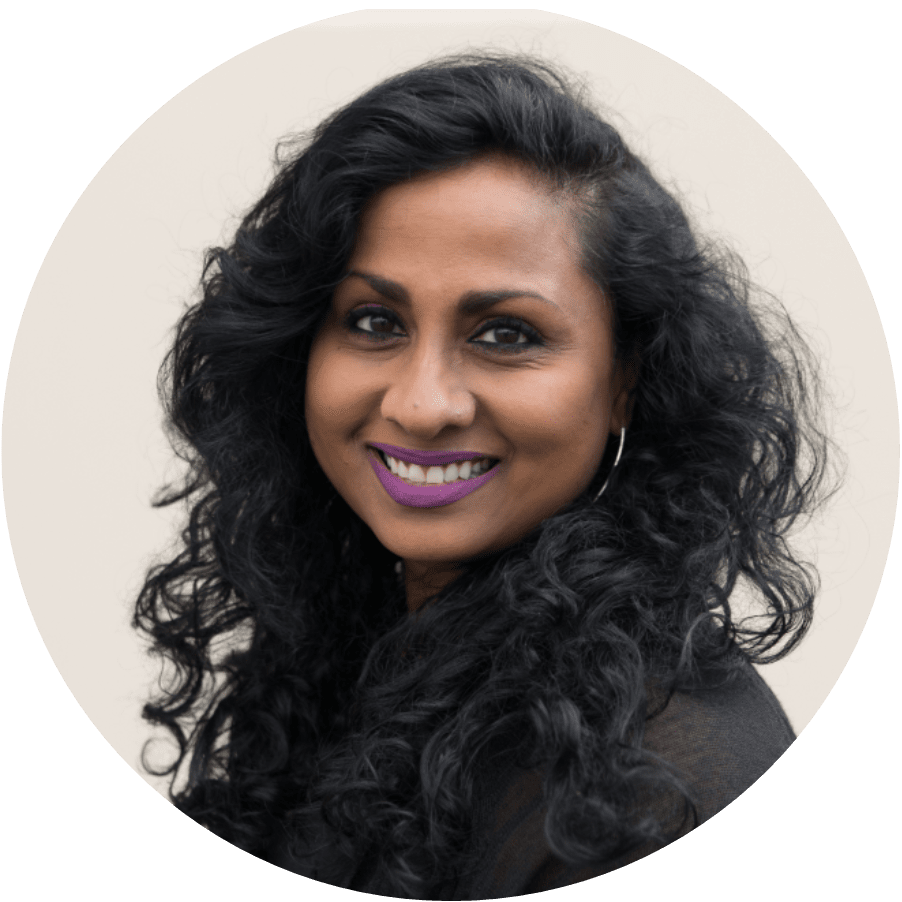
Chitra Hanstad began as Executive Director at World Relief Seattle in January 2017. Prior to this, she spent time in India consulting for Justice Ventures International (an anti-trafficking organization) on strategic planning and fund development and as a Philanthropic Advisor for the Seattle Foundation. While her career started in corporate advertising, public relations and media relations, she has spent most of the last twenty years working for local and international non-profits. Chitra has a passion for seeing at-risk communities thrive. She has served on many boards including Covenant World Relief & Urban Impact, and volunteers with The Stability Network.
Breaking Barriers in Burundi: Women Who Make It Happen
Leocadie is a leader in so many ways. She’s a farmer, a wife, a mother to eight children and a grandmother of 20 — two of whom, she proudly says, are a set of twins who were born this past February.
For most of her life, though, Leocadie says women weren’t welcomed into leadership roles within the community nor were they empowered to be a part of making decisions for their families. But that began to change in 2010 when World Relief launched a savings program in her community and invited women, like her, to lead.
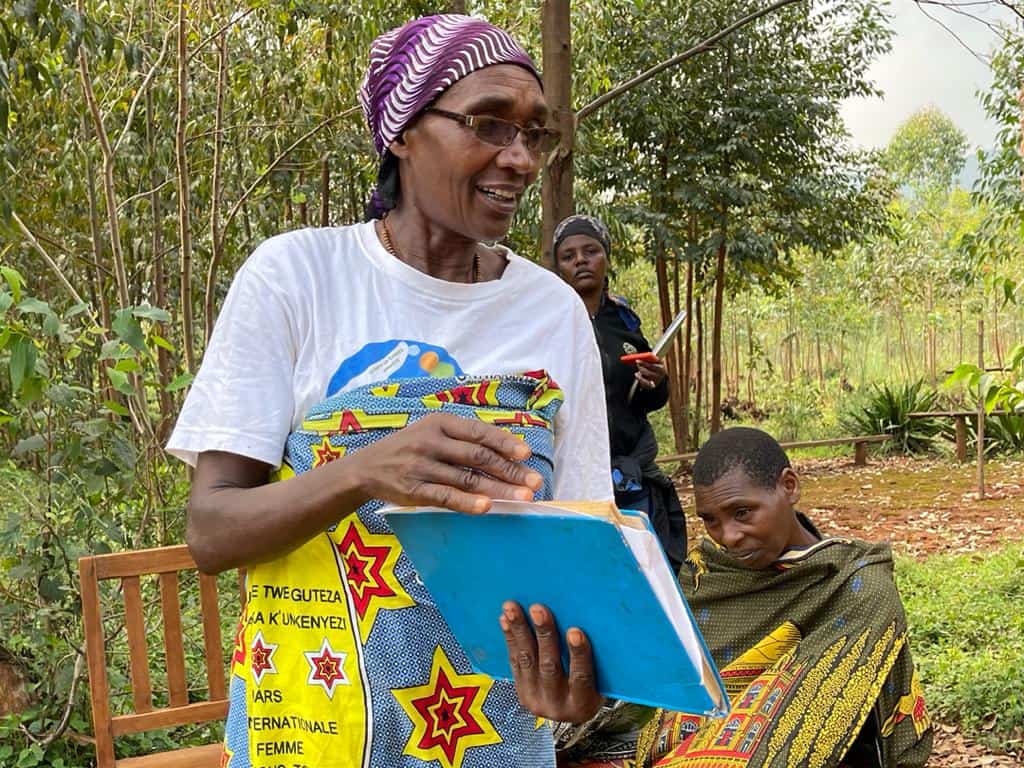
“When our group was formed I was elected to lead them. I took it as a privilege,” she said. “I was inspired by the interventions that [World Relief] was conducting because I saw them as a way to help others in my community who were going through many issues within their families.”
Over the next 11 years, Leocadie continued to grow as a leader. When World Relief launched agricultural programming in her community, she stepped up to lead in this area as well. And while the economic advancements she and her group have made by implementing new agricultural techniques and better financial management, the transformation her community has experienced in the area of gender equality is equally as remarkable.
“In the past, women were supposed to stay home and take care of the family, with their time mostly spent in the kitchen,” she said. “Now we participate in all decisions, at the colline (community) level. We have female leaders, savings group female leaders. I am very happy to see how I am respected by women and men. They listen to me because they see the impact of what I am doing.”
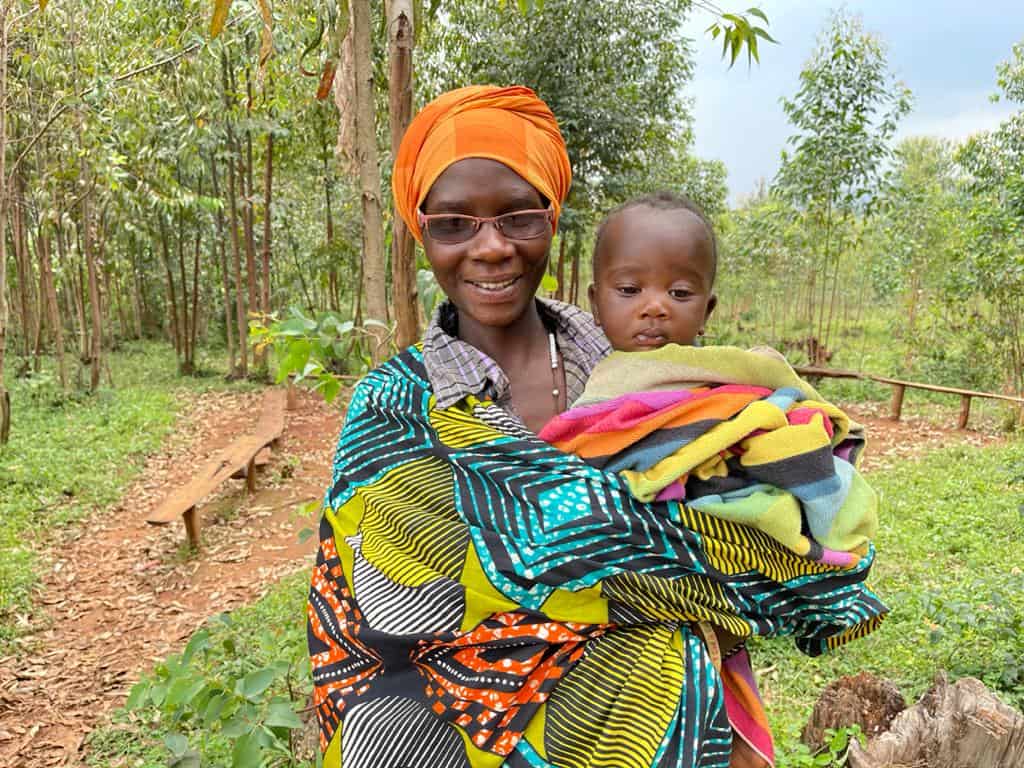
Leocadie’s leadership is rippling throughout her community. She’s created a sense of connectedness and support for women in her group like Jeane, the youngest member of the group, who says that learning from Leocadie has helped her grow as a mother and has improved her marriage.
“I am very happy to be part of this group,” Jeane said. “I am one of the youngest with two little children. I get an opportunity to be with wise women, grannies. Group members opened the door for me to learn from their marriages. As a result, I know how to be a better woman, and my husband and I discuss our feelings and make decisions together. ”
And it’s not just the women who are experiencing transformation. Pasteur Sinzumusi, the lone man in the group of 24 women, has increased his income, improved his marriage and totally shifted the way he views women thanks to Leocadie’s leadership.
Pasteur initially joined the group because he noticed the women were experiencing a better crop yield than he was.
“Before joining them, I had no savings at all,” he said. “I was farming in old fashion (outdated techniques), which did not have a good harvest. The reason I joined is because I saw their lives were different from mine. They had new skills and knowledge in farming, so I approached them.”
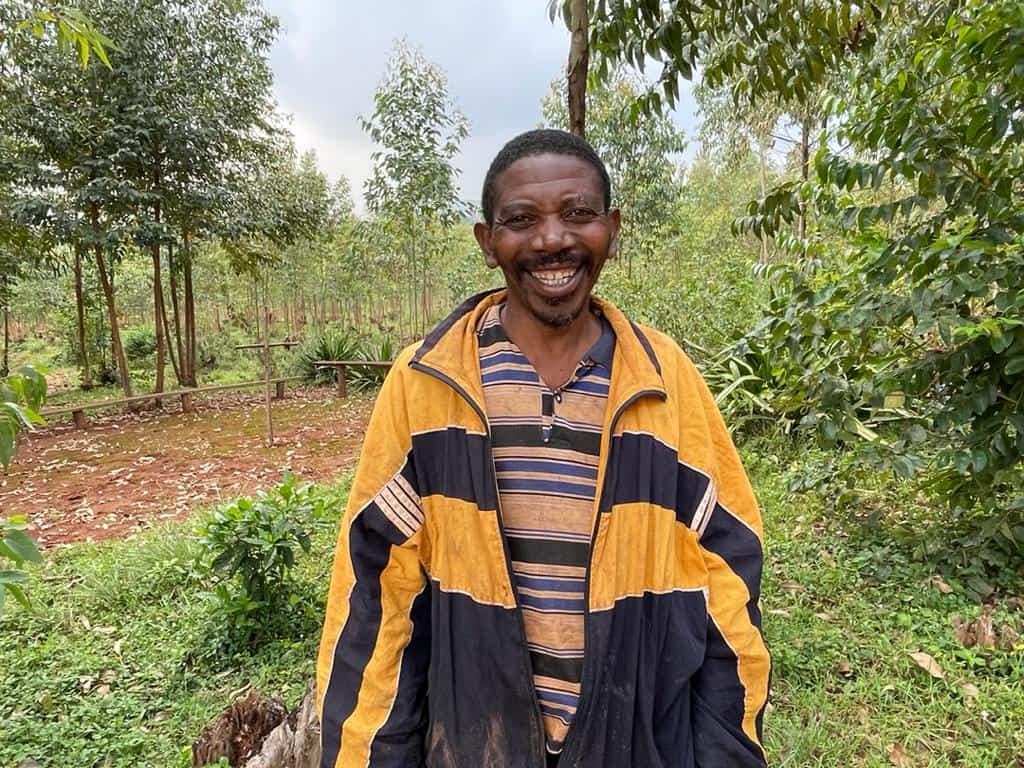
Today, Pasteur says his plot of land looks amazing, his income has increased and he can now easily afford to buy necessities like soap and send his kids to school. He attributes much of his success to the leadership of Leocadie and the community of women he has learned alongside.
“I respect my leader. She is just amazing. She does her duties well. Through her leadership, my way of viewing women has changed. Before I thought they couldn’t lead, but now I can testify that women are capable of leading. And this made me respect my wife and let her step into exercising her gifts.”
Leocadie is grateful for all the ways she’s seen her community transform. Women are more involved in community associations; marriages are more egalitarian in their decision-making; women participate in household management and can contribute financially.
She is hopeful to see her group continue to improve their farming and embrace new skills.
As we celebrate the accomplishments of women and the barriers they are breaking down, we echo the words of Pasteur when he said: “Women can do things as men. I invite all men to come to see how our association is well organized and well managed by female leadership. They will learn that women are good and great leaders.”
Millions of women, just like Leocadie, are choosing to challenge the limits placed on them and break through the barriers around them. Their daughters, granddaughters and great-granddaughters will know a world where women are respected, valued and lead. Will you join them in building a better world by giving today?
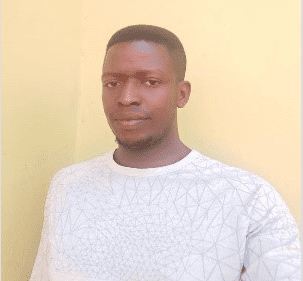
Ezechiel Hatungimana born and raised in Burundi with a passion of seeing his country developed holistically. Prior to World Relief, Ezechiel has served in a local organization aiming to empower the lives of people holistically, working directly with churches. While he is still completing his bachelor’s degree in Business Administration, He joined WR 2018 and he supervises a team of 20 people who equip 500 local churches. Ezechiel is married and blessed with two children. Ezechiel and his Family worship at PTI Church where he serves as a preacher.

Rachel Clair serves as a Content Writer at World Relief. With a background in creative writing and children’s ministry, she is passionate about helping people of all ages think creatively and love God with their hearts, souls and minds.
Seeing the Gift in Women
This time last year, right before COVID-19 exploded across the globe, World Relief’s International Programs leadership team came together for a weeklong global gathering in Musanze, Rwanda. As sisters and brothers from 11 different countries came together — Haiti, Cambodia and Kenya to name a few— we broke bread, prayed and celebrated all that God has done through World Relief in our 75 years of service.
While the entire week was filled with rich fellowship and deep strategic conversation, there was one particular day that impacted the three of us greatly. On that day, we focused our learning and discussions around the theme of gender equality. World Relief leadership presented our top strategic goals, one being greater gender equality both within our offices and across our programs.
To our great encouragement, everyone in attendance pledged to reaching this goal by 2022 through the following commitments:
- Commitment of Leadership: Leadership in each country office understands and prioritizes gender equality not only through their own actions, but addresses gaps recognized organizationally and programmatically.
- Gender Balanced Leadership: Increased gender balance in leadership roles at all levels of World Relief staffing. This is manifested by an increased proportion of women in all staff roles with special focus on most senior roles. Women are intentionally developed and included in succession planning and policies reflect concern for equality in career development opportunities and in equal compensation and benefits practices.
- A Gender-Sensitive Organizational Culture: World Relief is recognized internally and externally for its gender-sensitive organizational culture.
- A Gender Programming Focus: A gender lens is incorporated throughout the entire programming cycle within World Relief programming. This is manifested by staff being knowledgeable in the basic elements of gender analysis and possessing relevant technical skills to integrate gender in programming.
- An Accountability Framework: An accountability framework is in place organizationally to track progress on gains made in all of the above areas and to inform future action regarding gaps.
As the day folded into evening, the women of Word Relief led us in worship. There were songs, poetry and a devotional from our, then, new Burundi Country Director, Cesalie Nicimpaye, a long-awaited woman among many men. Women danced and sang in every language. This small moment felt to us like a commissioning as the men prayed over us at the end of the evening saying, “Help us see the gift you have given us in the women of World Relief.”
Since then, despite the hurdles that 2020 presented, we have each spent much of our time advocating for gender equality and working tirelessly to see a biblical vision of equal leadership among men and women become the norm across World Relief and beyond.
Today, as we prepare to celebrate International Women’s Day, we celebrate just a few of the outcomes and small beginnings that this commitment has spurred on:
- Every World Relief international office now has a dedicated gender focal point
- Effective June 2020, World Relief rolled out a long-awaited paid maternity and parental leave policy.
- Every World Relief international office has concluded a gender scorecard based upon the work of the Wheaton Network Initiative on Gender, Development and Christianity .
- All World Relief offices are in the process of creating a gender plan, which includes improvements in gender sensitive programming and data collection, recruitment processes and leadership pipelines that target women and better facilities for our female staff.
- All international offices are currently participating in a six-week intensive Development Associates International course, Women and Men Leading Together.
As 2021 brings with it new opportunities for growth in this work, we will continue to challenge for change, creating a better world for women and girls for generations to come. Will you join us?
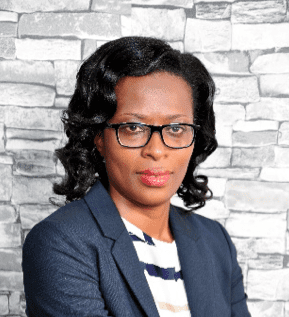
Clemence Nkulikiyinka has served with World Relief since 2008. Currently she serves as a Technical Advisor for Integral Mission, and one of global gender focal point. She has served in different roles, especially in Rwanda.
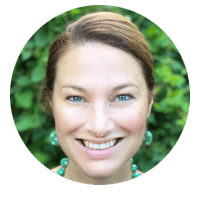
As the Director of the Program Resource Team, Joanna Kretzer Chun leads a team of global technical advisors that support World Relief international programs spanning Health and Nutrition, Savings, Agriculture, Child Development and Protection, and Couples’ Strengthening. With over fifteen years of international development experience, Joanna’s programming background spans the areas of gender mainstreaming, women’s empowerment, child protection, child development, faith leader engagement, and social norm change. Joanna holds Master degrees in Intercultural Studies and Family Studies from Fuller Seminary and a BA in Foreign Affairs from the University of Virginia. She resides with her family in Washington, DC.
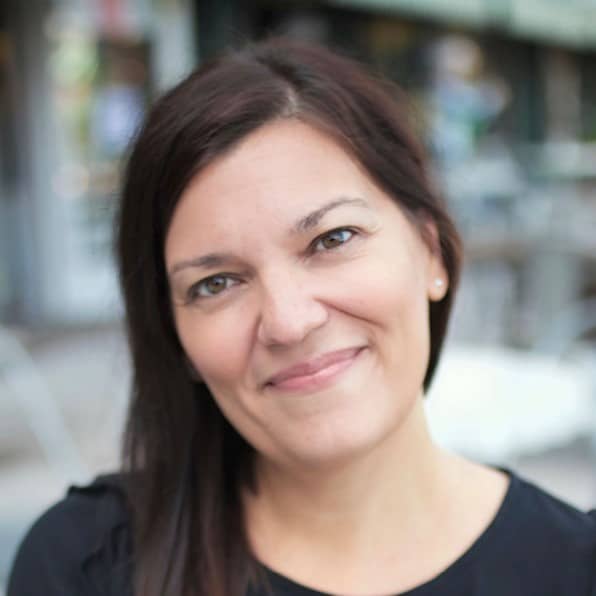
Eeva Sallinen Simard is Chief of Party for World Relief’s USAID funded SCOPE (Strengthening Community Outcomes through Positive Engagement) Project in RMNCH, HIV and COVID-19 response serving in Malawi, Kenya, Haiti, South Sudan, Rwanda, and DRC. She holds a master’s degree in International Politics from the University of Helsinki, and an MBA from Johns Hopkins University Carey Business School. She lives in Baltimore, MD with her husband, son, and daughter.
Clemence, Eeva and Joanna are gender focal points for World Relief’s division of international programs.






